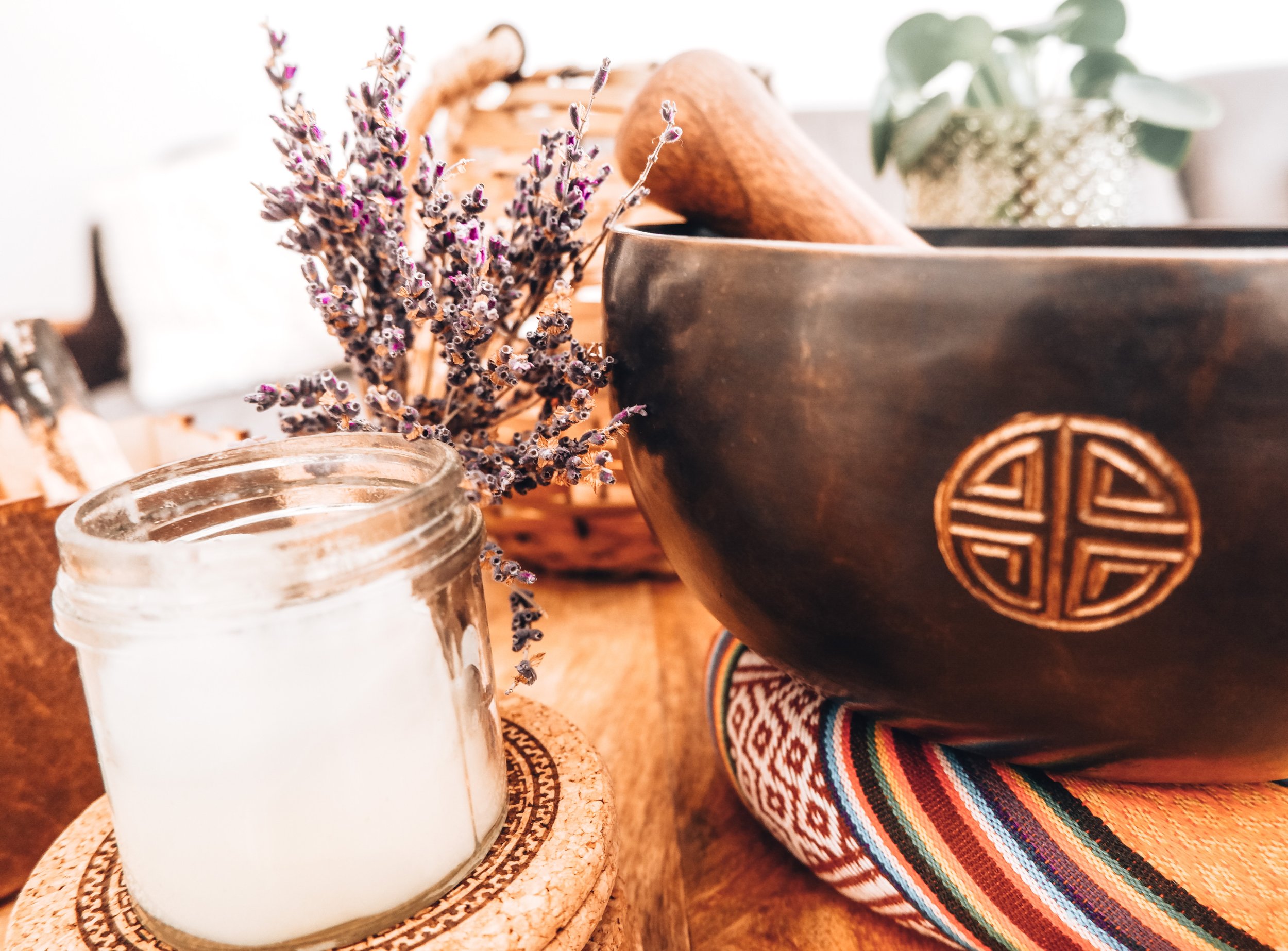THE ENERGETICS BEHIND HERBS
Herbalists use a unique language to connect the energies of herbal use to plants and the human body. Some of the common language found can be used to describe herbs as warming, moist, cooling, or dry. Individuals may be referred to as excess or deficient. Understanding the language of energetics as an herbalist helps you navigate the diverse body types, the conditions and ailments one suffers, and the qualities in the herbs that exist.
Energetic theories is a diverse level of education beyond the basic herbalism we provide in this course. However, in mentioning it, you can understand the theories and languages many professional herbalists work with. Further education is encouraged if you want to pursue herbalism beyond the allopathic mindset. Understanding the theories and traditions used around herbal energetics can provide you a spiritual and more unique insight into herbs beyond the physical uses.
Let’s break this down a little more so you understand if studying Herbal Energetics is something you want to explore from other courses and online in addition to the Herbal Wisdom course.
Cold Constitution
Someone who is considered to have a cold constitution may have present pale and cold hands and feet, they may often feel weak and tired, might suffer from certain conditions such as abdominal bloating and other ailments common to this constitution.
Hot Constitution
Someone who is considered to have a hot constitution may have reddish skin, excess heat in their bodies, and tend to carry more aggression and anger.
When you understand these elements to individuals, you may then choose herbs that better suit the person’s needs. For example, for a cold constitution, you may choose to use warmer herbs like rosemary, ginger, cinnamon, or bark. For those with a hot constitution, you may choose to use cooler herbs such as burdock root, California poppy, dandelion root, or even the whole plant.
You can also use the energetics of herbs based on seasons. For example, cooling herbs can be used during summer months while warming herbs can be used during winter months.


